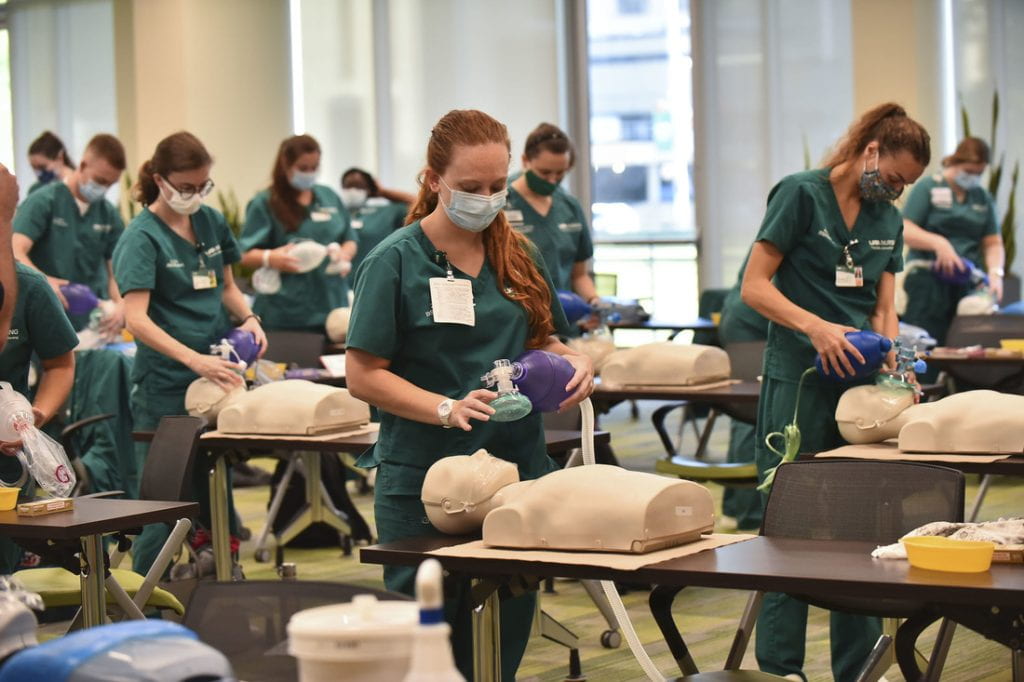Join us in congratulating this semester’s SSJR fellows:
- Nicole Lariscy, Ph.D., Department of English, College of Arts and Sciences
- Shanshan Lian, Ph.D., Institute for Human Rights, College of Arts and Sciences
- Geoffrey Silvera, Ph.D., Department of Health Services Administration, School of Health Professions
- Holly Horan, Ph.D., Department of OBGYN, Heersink School of Medicine
- Tola Rodrick, Ph.D., Department of History, College of Arts and Sciences
- Jessica Morgan, MPH, Department of Health Behavior, School of Public Health
- Catanya Stager, Ph.D., Division of Preventive Medicine, Heersink School of Medicine
- Sarah Tucker, Ph.D., Department of Occupational Therapy, School of Health Professions
- Ragib Hassan, Ph.D., Department of Computer Science, College of Arts and Sciences
The SSJR Fellowship lasts one semester and focuses on specific skill development relating to social science and justice research. SSJR fellows participate in SSJR workshops and receive additional training and feedback.
The SSJR Fellowship Program has the following objectives:
- Develop independent researchers in social science and justice research through mentored training.
- Provide training on the research approaches and viewpoints social science and justice research can offer non-social science disciplines.
- Teach scientific writing and specific research skills such as grant writing, methods in social science and justice research, and collaborative approaches.
- Provide instruction on working in interdisciplinary teams.
The fall 2023 iteration of the SSJR Fellowship Program focuses on grant writing within a social justice framework. Participants will be taught grant preparation skills with the tangible goal to produce grant applications and new interdisciplinary projects that incorporate perspectives or policies of equity, inclusion, justice, and human rights suitable for submission to an external agency. The final product will be a grant proposal written (and submitted, pending applicable submission deadlines) by each fellow during the training period or shortly after.






